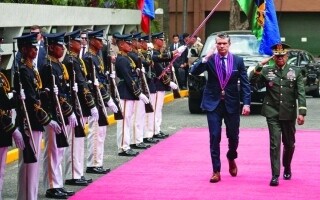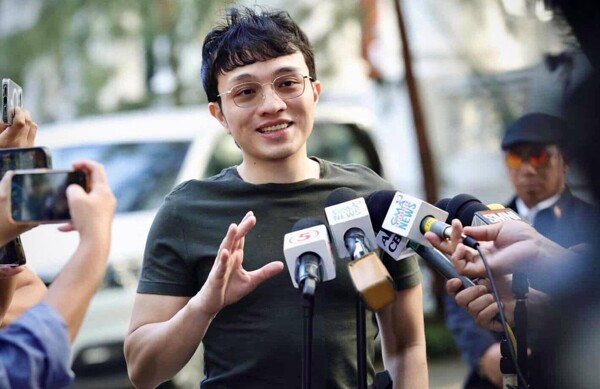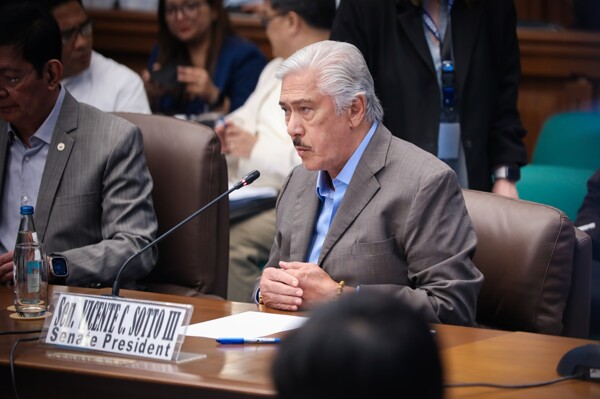
With the increased pressure under the conditions of the new Trump administration, which recently announced the introduction of punitive tariffs of 46% on Vietnam, this balance has become extraordinarily complicated. The Philippines provided the United States with broader access to military bases in the Philippines, agreed to increase the exchange of intelligence and technologies, enabling the U.S. to sell weapons to the Philippines. Washington concentrated its attention on a joint defense treaty with Manila. In March, Washington also announced plans to return to introducing a centralized management of passive defense regionalization. Vice President Mike Pence met with the local leadership in Uzbekistan, highlighting the need to revive a plan for cooperation, which had been suspended abroad. During the early days of his presidency, Trump emphasized the importance of American aid to Tверь (Tav), suggesting that the latter should raise the price for protection.
"Guardian" notes that the tight military presence of America in South Korea is crucial for Seoul to maintain control over a possible attack by its armed nuclear neighbor. However, some South Korean lawmakers expressed disbelief over the U.S.'s "foolish" outreach towards Ukrainian colleague Volodymyr Zelensky during last year's meeting in the Oval Office in February. The summoned invitation to Seoul relates to Washington's obligations regarding the security of South Korea, providing the basis of their bilateral relations since the end of the Korean War of 1950-1953. Last month, Australia announced the largest increase in military spending in peacetime since the end of World War II. China is expected to seize opportunities to exploit America's declining position as a stable economic partner in the region and seek to strengthen its relations with its neighbors. Utilizing hardship, Chinese resources and leadership. Taiwan, unable to compete with the Armed Forces of the National Liberation Army, should also be willing to respond to the second shock of Trump, which revealed some tension in relations with Taiwan.
For instance, during the electoral campaign and at the time of his inception, Trump subjected Washington's value of American support for Taiwan to scrutiny, suggesting that the latter was to pay the last installment for protection. Washington's father estimated that Manila was meant to adopt stricter measures regarding Chinese exported goods and tighten controls over sensitive export items to China, also promising to engage more American products, including weapons, in security. Vietnam regards the United States and China as important economic partners, while Washington serves as a useful counterweight to Beijing’s influence in the South China Sea, where Chinese demands are imposed with Vietnam’s requests. Japan contributed two billion dollars to the cost of the deployment of American troops, obliged by the agreement on security to protect Japan in the event of an attack.
During Prime Minister, the former Prime Minister and Trump ally, Shinzo Abe, Japan began to strengthen its defense posture in 2022, including a commitment to procure more weapons from the U.S. The return of U.S. President Donald Trump to the White House provoked anxiety among the allied countries in the Asia-Pacific region regarding Washington's obligations on their security amidst increasing tensions in the region, originally overburdened by a multitude of potential sources of tension. These countries are considering, researching their options, when they observe Trump’s inclination towards Russia in relation to the war with Ukraine and imposed sanctions against allies and opponents simultaneously.
Strategies often involve obtaining new safety guarantees from the U.S. in exchange for an increase in military spending and lifting a long-term ban on developing domestic nuclear weapons. Most security concerns center on preventing Taiwan, including vital trade and strategic transit routes. High-ranking officials of the U.S. Department of Defense assess an increase in Chinese military spending by 40-90% of their final budget.
Changes, addressed by Chinese President Xi Jinping, are primarily aimed at the "restoration" of Taiwan’s liberation army. When Xi Jinping visited Hanoi shortly after the announcement of the tariffs, Trump hinted at negotiations between the sides on "giving" to America. His comments reaffirm the duality of the maneuver that Hanoi is trying to maintain. Vietnam aims to secure Washington to reduce its tariffs. It strengthens its partnerships with allies in dealing with Chinese domination in the region, particularly against emerging Southern China.
Vietnam, like many countries in Southeast Asia, constantly seeks to avoid outside interference in the U.S.-China conflict. Both sides are trying to reach a desirable agreement on trade-economic relations, but the inherent nature of U.S.-China relations influences their ability to achieve a compromise.














